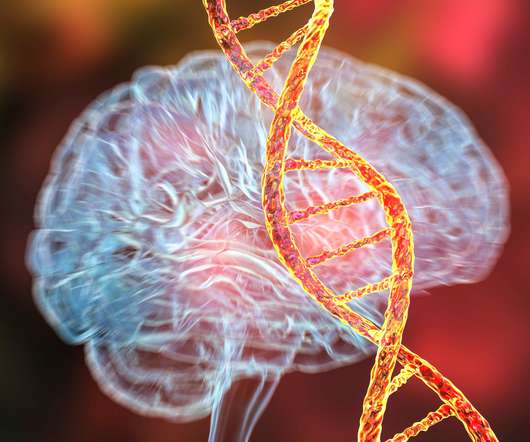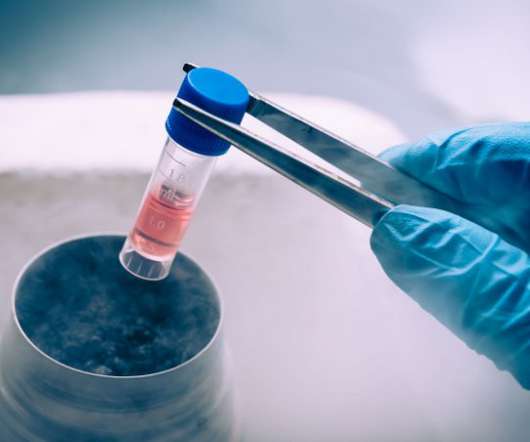UK’s NHS Backs World’s Costliest Drug Libmeldy for the Treatment of Rare Disease MLD
XTalks
FEBRUARY 14, 2022
Developed by Orchard Therapeutics, Libmeldy received approval from the European Commission (EC) in December 2020 and about a month later, received a regenerative medicine advanced therapy (RMAT) designation from the US Food and Drug Administration (FDA) to expedite its path to approval in the US. million (approximately $3.8














Let's personalize your content